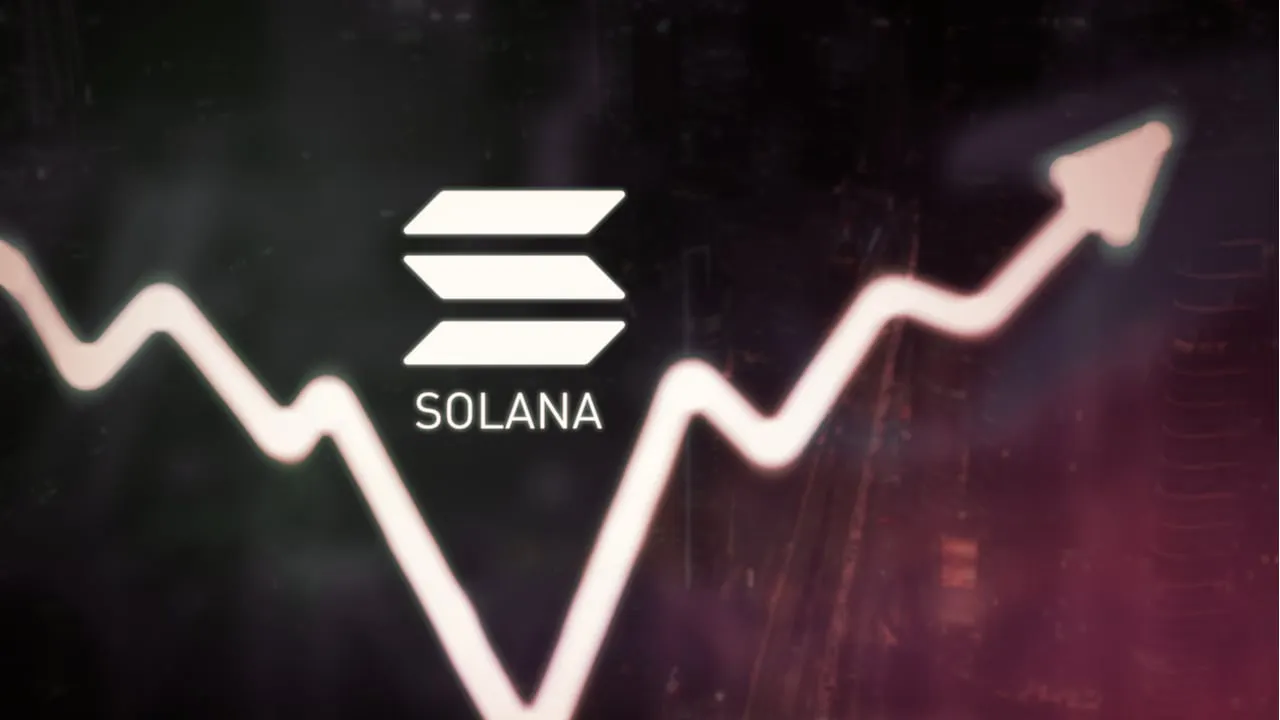The decentralized autonomous organization (DAO) governing Solend, a Solana-based lending platform, has invalidated a previous vote that would have let it access a “whale” wallet that was allegedly putting the protocol at risk.
The whale in question is the platform’s largest user, who deposited 5.7 million SOL—accounting for more than 95% of all Solend’s deposits—to borrow about $108 million worth of USDC and USDT .
According to Solend, if SOL dropped to US$22.30, the wallet ran the risk of getting liquidated for up to 20% of its borrowing, or about US$21 million.
“It would be difficult for the market to absorb such an impact since liquidators generally market sell on DEXes. In the worst case, Solend could end up with bad debt,” the Solend team said, giving its users a mere six hours to vote on the proposal to take over the wallet.
The platform also argued that it was “unable to get the whale to reduce their risk, or even get in contact with them.”
“With the way things are trending with the whale's unresponsiveness, it's clear action must be taken to mitigate risk,” read the initial proposal.
Community backlash
While the initial vote was passed, it faced fierce backlash from members of the crypto community; Delphi Labs General Counsel Gabriel Shapiro accused Solend of setting a bad precedent that was not only “contrary in every way to the DeFiethos,” but also illegal.
By Monday, Solend asked users to vote on a new proposal to overturn the earlier vote, which received an overwhelming 99.8% “yes” votes.
“We’ve been listening to your criticisms about SLND1 and the way in which it was conducted,” Solend co-founder Rooter wrote in a blog post. “The price of SOL has been steadily increasing, buying us some time to gather more feedback and consider alternatives.”
The new vote also increased the governance voting time to one day, while the Solend team is expected to come up with “a new proposal that does not involve emergency powers to take over an account.”
SOL, the native token of the Solana blockchain, is currently changing hands at just over $36, up almost 12% in the past 24 hours.
Daily Debrief Newsletter
Start every day with the top news stories right now, plus original features, a podcast, videos and more.

